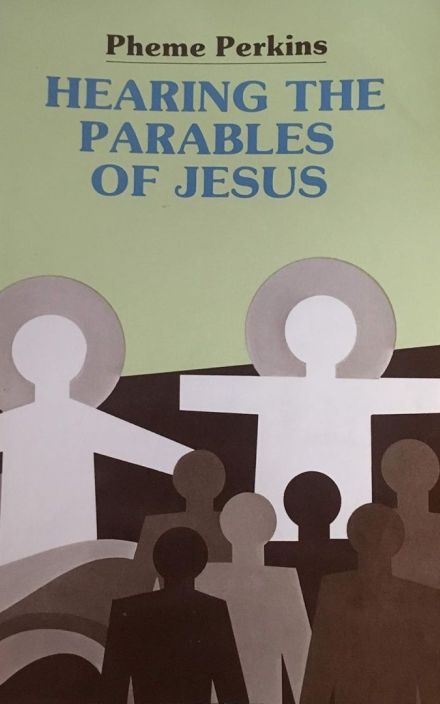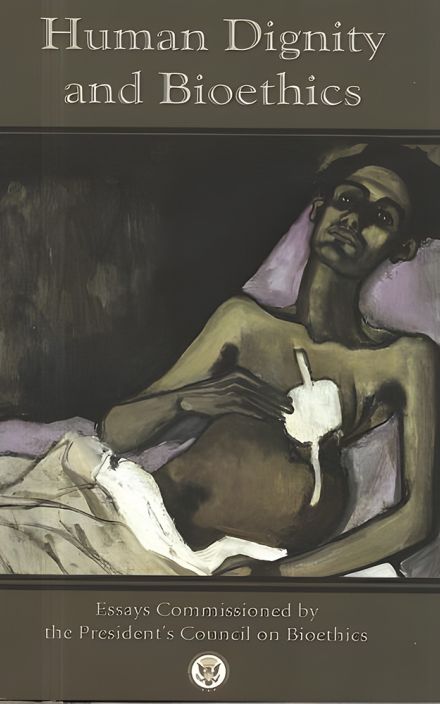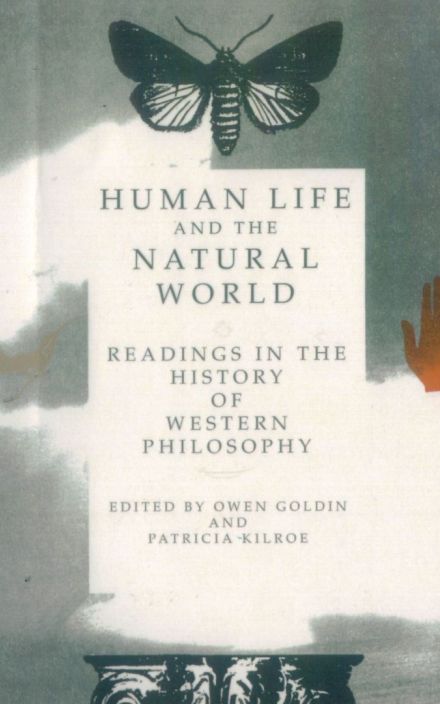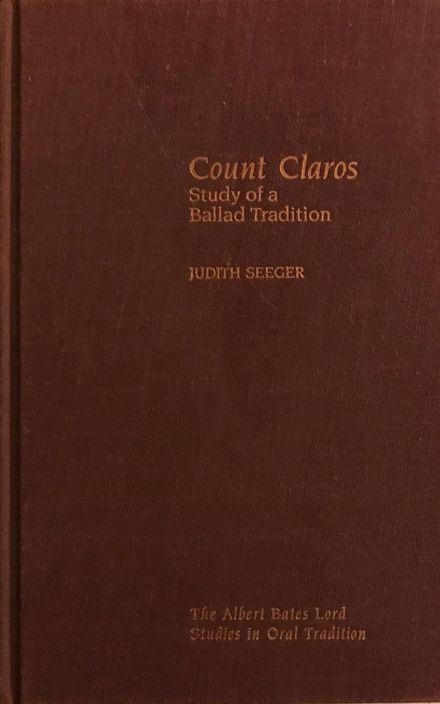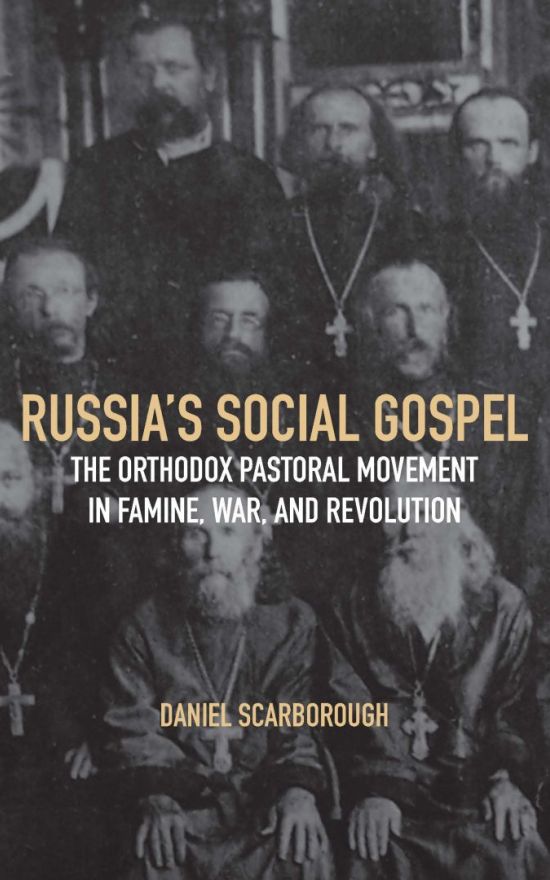
Russia’s Social Gospel: The Orthodox Pastoral Movement in Famine, War, and Revolution
Late imperial Russia was beset by a series of crises, including famines, wars, and multiple revolutions, and its traditional structures of authority—most pertinently the tsarist government and the Orthodox Church—faltered in their face. Russia’s Social Gospel: The Orthodox Pastoral Movement in Famine, War, and Revolution takes a close look at one grassroots effort that developed in response, termed “the pastoral movement” by author Daniel Scarborough. Orthodoxy’s representatives on the ground were the so-called “white” clergymen, parish priests who were charged with the spiritual care of Russia’s large and diverse population. Caught between a rigid, authoritarian church structure on the one hand and their largely impoverished, often fractious parishioners on the other, the parish priests of the late 19th century (who were often impoverished themselves) began to organize a variety of social networks designed to aid both themselves and their parishioners.
Scarborough argues that the impositions of the church hierarchy on the one hand and the empire’s series of crises on the other encouraged priests to take an increasingly collaborative and active role, in both practical and theological terms. Though charged with administrative tasks by both the Orthodox Church and the Russian government, parish priests were deployed without adequate provision from either institution. In lieu of financial support sufficient for their quasi-civil service, the imperial state tolerated extensive freedom of association among the parish clergy so that they could organize mutual aid within each diocese. This freedom allowed the parish clergy to develop one of the most extensive social networks in the Empire, extending from the provincial capitals to remote parishes. Thus, the demands of the state contributed to the notorious poverty of the parish clergy, but also allowed the pastorate to evolve into an autonomous social and ultimately political force within the church.



